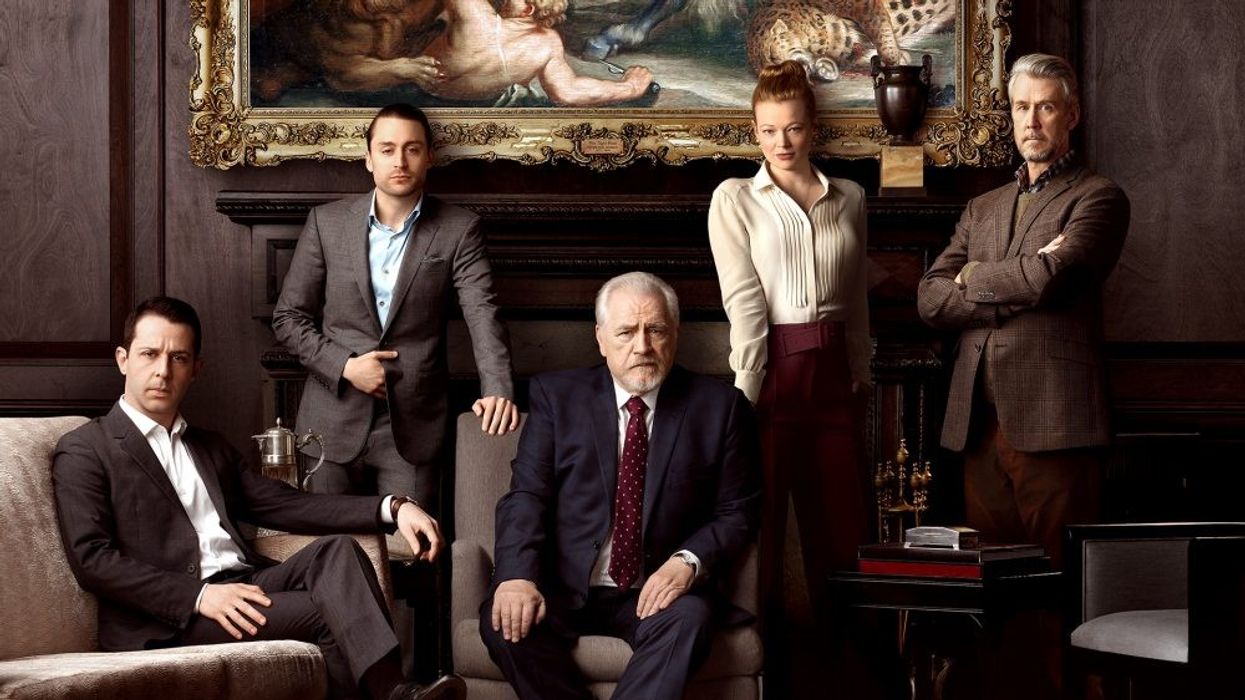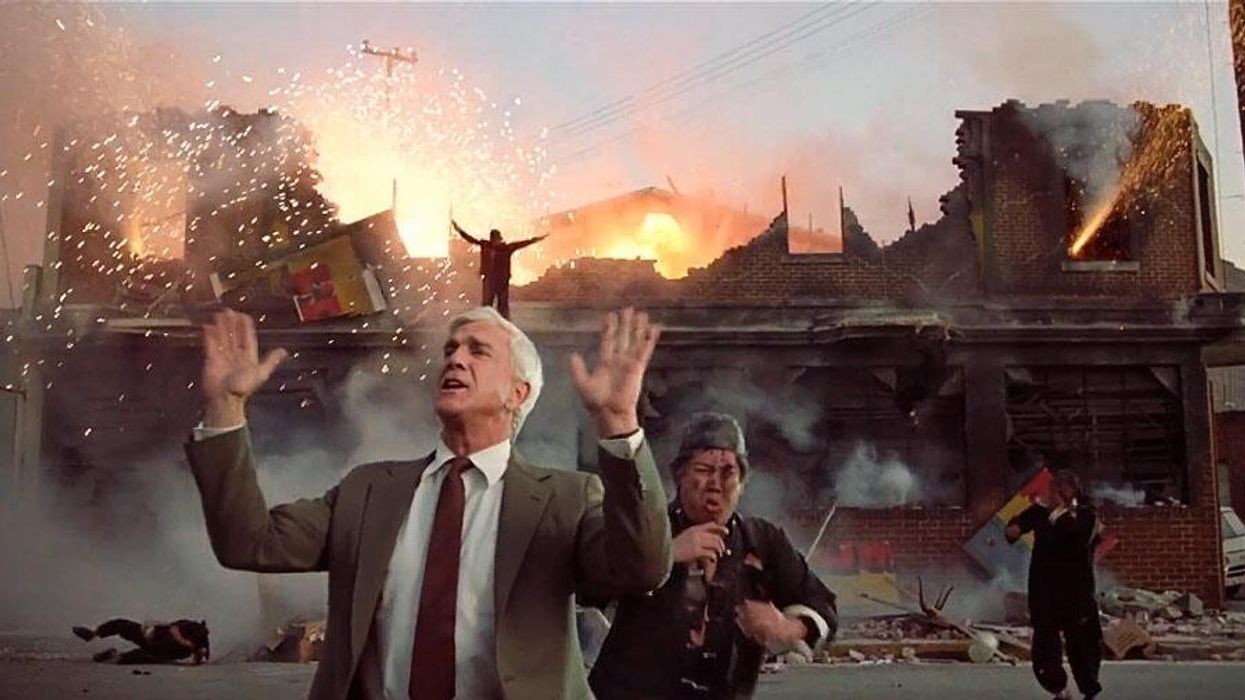Check Out a Free TV Writing Master Class with the 'Succession' Creators
Love Succession? See how the writers put it together.

My favorite TV show on the air currently is Succession. I think it's a stunning portrayal of wealth in America and corporate greed. Also, Cousin Greg makes me laugh so hard I get nauseous, so it's a real win-win every week. This is one of the best-written shows on TV, so there's already a lot to learn.
Well, now you can get Succession writing lessons and directing lessons straight from the source—the writer and an episode director.
Check out this video where creator and showrunner Jesse Armstrong, and director of season 2, Becky Martin, discuss bringing the BAFTA-winning hit series, Succession, from script to screen.
If you watched the video, you'll see how generous Armstrong and Martin are with their answers when it comes to building out a show like this. Some of the anchor points I think we can learn are as follows.
Casting
The idea of picking great people is not as easy as delivering those people. So much of what was done on this show was meeting people who they felt like could be in this world, and then molding the characters to fit actors' best qualities as the show went on.
Picking great people is key, but take the time to look into everyone. You can't rush it.
Directing
One of the things Martin goes over is that she's known more as a comedy director, and less as someone who works in drama. For her, this was a new experience being on set. She took the time to meet all the actors before the table read, so they knew who she was and trusted her instincts. She also had long conversations with Armstrong about the tone and world, so she never felt like she was in the dark over the motivations behind every scene.
This added trust between director and crew allowed her to work fast and smart.
Writing
The soul of the show comes from understanding the point of view of the world. Armstrong did deep dives and researched similar families and then began to build out the characters who would be in this world. Understanding the world allowed him to know the characters more.
He didn't lean into a Machiavellian sense that everyone here was evil; instead, he tried to pull out how these people were products of their own environment. He created characters who felt like they belong there.
Lastly, I loved how Martin said Armstrong took the time to introduce her to the cast and crew. That made adapting his script to the screen easier. He spent the time fostering a relationship with the director, which made production go more smoothly.
These are all valuable lessons tied to how you make a successful TV drama.
What were some of the most useful things you learned from the video? Tell us in the comments.
What's next? Write Your TV Drama Pilot
Hundreds of pilots sell to networks and streaming services every year. What's stopping you from selling your idea?











